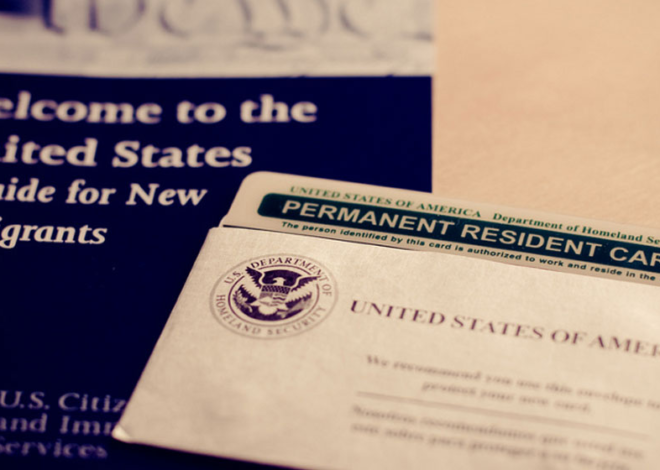
Pakistan Doubles Visa Grants to Indian Sikh Pilgrims for Great Vaisakhi Festival 2025
In a historic move aimed at strengthening ties between neighboring nations, Pakistan has announced that it will double the number of visas granted to Indian Sikh pilgrims for the upcoming Vaisakhi festival. This decision, made by the Pakistan government, marks a significant gesture of goodwill and cooperation between the two countries, particularly in the realm of cultural and religious diplomacy.
A Step Towards Better Relations
Vaisakhi, celebrated annually in April, is one of the most important religious festivals for Sikhs around the world. It commemorates the formation of the Khalsa in 1699 by Guru Gobind Singh, a significant event in Sikh history. The festival is marked by prayers, processions, and other religious activities, with the Golden Temple in Amritsar, India, being one of the main focal points of the celebration. Sikhs from across the globe, including Pakistan, take part in these festivities, paying homage to their faith and its teachings.
For Indian Sikh pilgrims, visiting Pakistan to mark this occasion has become a long-standing tradition. Pakistan is home to several historic Sikh gurdwaras (temples), including the revered Nankana Sahib, the birthplace of Guru Nanak, the founder of Sikhism, and other important sites like Kartarpur Sahib. These places of worship attract thousands of Sikh devotees each year, making the granting of visas for pilgrimage an essential element of religious and cultural exchange.
In the past, the visa process for Indian pilgrims wishing to visit these sites has been a contentious issue, often bogged down by bureaucracy and political tension. However, this new policy change is seen as a breakthrough in promoting people-to-people contact between the two countries, which have a complicated history of political rivalry and territorial disputes.
Doubling of Visa Grants: A Game-Changer
The decision to double the number of visas for Indian Sikh pilgrims represents a significant shift in Pakistan’s approach to religious tourism and diplomacy. According to reports, Pakistan’s Ministry of Religious Affairs and Interfaith Harmony has approved a substantial increase in the number of visas granted to Indian Sikhs for the Vaisakhi celebrations in 2025. This initiative is expected to facilitate smoother access for devotees wishing to visit Sikh shrines in Pakistan, including the sacred Nankana Sahib, where Guru Nanak spent his early years.
In practical terms, this means that thousands of additional Indian Sikhs will now be able to attend the Vaisakhi celebrations in Pakistan. The move comes as part of an ongoing effort to enhance bilateral ties through cultural exchanges. The approval of more visas allows Sikh pilgrims to visit their religious shrines without facing the traditional visa hurdles, such as limited quotas or lengthy approval processes.
Moreover, the step is seen as an acknowledgment of the importance of religious tourism in promoting understanding and harmony between Pakistan and India. The government of Pakistan has expressed its commitment to facilitating the travel of Sikh devotees, understanding the deep spiritual and emotional connection they have to the sacred sites in the country.
The Significance of the Gesture
This move to ease travel restrictions is a recognition of the shared cultural and religious history between Pakistan and India, particularly among the Sikh community. It highlights the fact that, despite political differences, the two countries are united by a common religious heritage that transcends borders. The gesture also sends a strong message of peace and reconciliation, signaling the willingness of both governments to foster goodwill through cultural diplomacy.
For the Sikh community, this decision holds immense significance. It provides a rare opportunity for Indian Sikhs to reconnect with their roots and visit the shrines of their ancestors. These shrines, such as Nankana Sahib, hold immense emotional and historical value for Sikhs around the world, and being able to visit them is a matter of great spiritual importance.
Conclusion: A Path Toward Peaceful Engagement
Pakistan’s decision to double the number of visas granted to Indian Sikh pilgrims is not just a pragmatic policy decision; it is a powerful symbol of hope for better relations between the two nations. The Vaisakhi festival, which celebrates faith, unity, and the ideals of the Sikh community, serves as an ideal platform to promote peace and understanding between India and Pakistan.
This gesture could pave the way for further cooperation between the two countries in various sectors, particularly in the realm of cultural and religious exchanges. As the world moves towards greater interconnectivity, such diplomatic initiatives can play a crucial role in reducing tensions and fostering mutual respect.

In the spirit of Vaisakhi, this initiative offers a glimmer of hope for a future where people from both countries can celebrate their shared history and culture in harmony. As the Indian Sikh pilgrims prepare to travel to Pakistan for the Vaisakhi festival, they will not only be marking an important religious occasion but also contributing to a broader message of peace and unity in the subcontinent.







